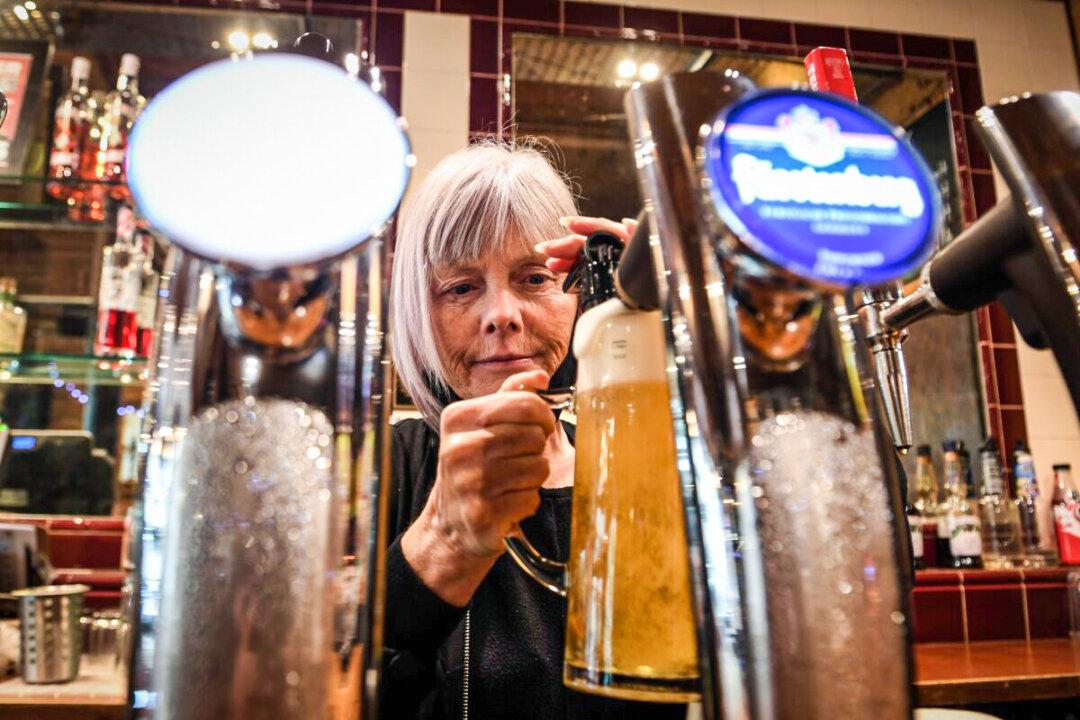Pubs and beer producers have welcomed the “draught relief” announcement in the Chancellor’s Budget, though some doubted it would have a meaningful impact on the sector.
Rishi Sunak told MPs in his Budget speech that duty rates for draught beer and cider will be cut by 5%, taking 3p off a pint in a pub.





